From cozy woodstove to sustainable and healthy woodstove technology
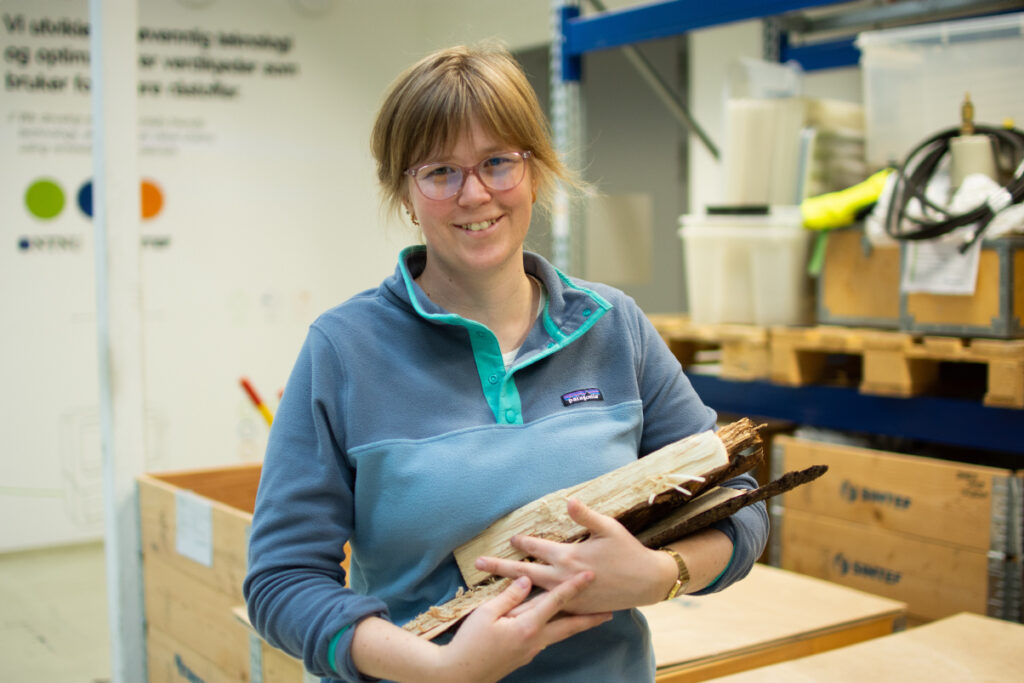
Hopefully my PhD project will contribute to a sustainable woodstove future, where the impact on climate is mitigated and the air quality will be improved, which will improve people’s health and quality of life.
I am researching woodburning stoves, and the impact they have on human health and the climate system. The goal is to better understand the impact of woodstoves today and to contribute to more sustainable stoves in the future that are better for the environment and for human health.
Old stoves and wrong operation contribute to local air pollution
Woodstoves are important to us, not only because of its long traditions, they account for a considerable part of domestic heating in Norway, and woodstoves can provide security of heating as we today rely heavily on electricity. However, woodstoves, especially older stoves and wrong operation of the stoves contributes significantly local air pollution. It is therefore important to better understand what the impacts are, and how they can be mitigated in order to improve air quality.
This research will provide guidance for the woodstove sector
The results will provide progress the wood stove value chain knowledge within research, and provide extended knowledge on how to implement regional and seasonal impact in life cycle assessments. This research can help guide sustainable development in the woodstove sector to achieve technology which mitigates impact on climate and air quality while it improves in energy efficiency.
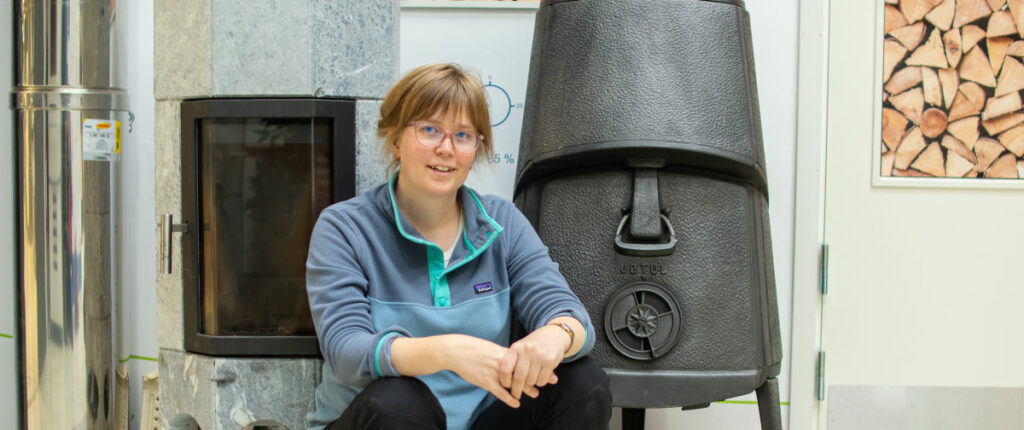
Emissions of aerosols and Ozone precursors
I will perform a value chain assessment for existing and improved woodstove technology. The assessment will include production of wood stoves and firewood, but the focus will be on the burning from everyday use of woodstoves over the woodstove’s lifetime.
I look at emissions of aerosols and Ozone precursors. They are compounds with a short lifetime. After emitted they stay in the atmosphere for some weeks or up to a year, but they still have a very strong impact on climate and human health during this short period. I will look at the seasonal and regional variations in these impacts, as both the emissions and impacts vary with season and location of emission.
Hopefully this work will contribute to a sustainable woodstove future, where the impact on climate is mitigated and the air quality will be improved, which will improve people’s health and quality of life.

Sofie Sødal Eiksund
Sofie Sødal Eiksund is PhD Candidate at NTNU – Department of Energy and Process Engineering, since 2021. Her main supervisor is Francesco Cherubini, and co-supervisors are Øyvind Skreiberg at SINTEF Energy, and Marcos Djun Barbosa Watanabe at NTNU. Her PhD is a part of the project SusWoodStoves. This is a project on sustainable woodstoves, where the partners include NTNU, SINTEF and woodstove industry: Jøtul AS, Nordpeis AS, Norsk Kleber AS and Norsk Varme. SusWoodStoves will also have an interface with FME ZEN and FME Bio4Fuels.
Tags In
Sofie Sødal Eiksund
Related Posts
1 Comment
Comments are closed.
Search
Søk
Categories
- Arctic Research
- Arkitektur
- Bærekraft
- Bioingeniørfag
- Biologi
- Biology
- Biomedical Laboratory Science
- Biotechnology
- Bioteknologi
- Chemical Engineering
- Chemistry
- Climate
- Computer Science
- Datateknologi
- Digital
- Elektronikk
- Energi
- Energi
- Energy
- Engineering
- Engineering
- Environment
- Food Science
- Forskning
- Fysikk
- Fysikk
- Havbruk
- Informasjonsteknologi
- Informasjonsteknologi
- Ingeniørvitenskap
- Kjemi
- Kjemisk prosessteknologi
- Kjemisk prosessteknologi
- Kreftbehandling
- Kybernetikk
- Marine Technology
- Materialer
- Materials Science
- Materialteknologi
- Matvitenskap
- Meninger
- Miljø
- Min ph.d.
- My PhD
- My PhD
- My postdoc
- Nanotechnology
- Nanoteknologi
- Ocean
- Oil and gas
- Physics
- Research
- Simulering og visualisering
- Spør en forsker
- Studentliv
- Sustainability
- Ukategorisert
- Universitetsliv
- University Life
Kategorier
- Arctic Research
- Arkitektur
- Bærekraft
- Bioingeniørfag
- Biologi
- Biology
- Biomedical Laboratory Science
- Biotechnology
- Bioteknologi
- Chemical Engineering
- Chemistry
- Climate
- Computer Science
- Datateknologi
- Digital
- Elektronikk
- Energi
- Energi
- Energy
- Engineering
- Engineering
- Environment
- Food Science
- Forskning
- Fysikk
- Fysikk
- Havbruk
- Informasjonsteknologi
- Informasjonsteknologi
- Ingeniørvitenskap
- Kjemi
- Kjemisk prosessteknologi
- Kjemisk prosessteknologi
- Kreftbehandling
- Kybernetikk
- Marine Technology
- Materialer
- Materials Science
- Materialteknologi
- Matvitenskap
- Meninger
- Miljø
- Min ph.d.
- My PhD
- My PhD
- My postdoc
- Nanotechnology
- Nanoteknologi
- Ocean
- Oil and gas
- Physics
- Research
- Simulering og visualisering
- Spør en forsker
- Studentliv
- Sustainability
- Ukategorisert
- Universitetsliv
- University Life

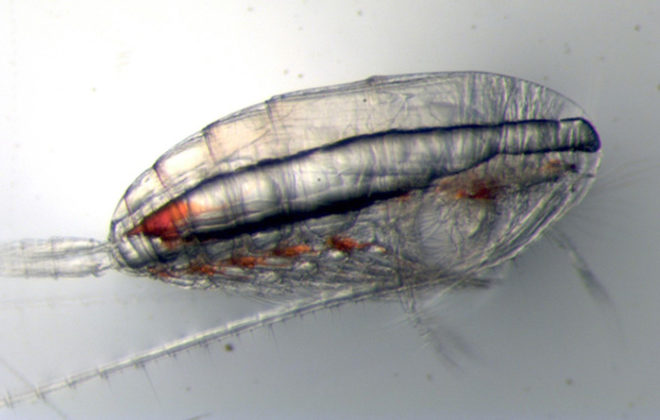
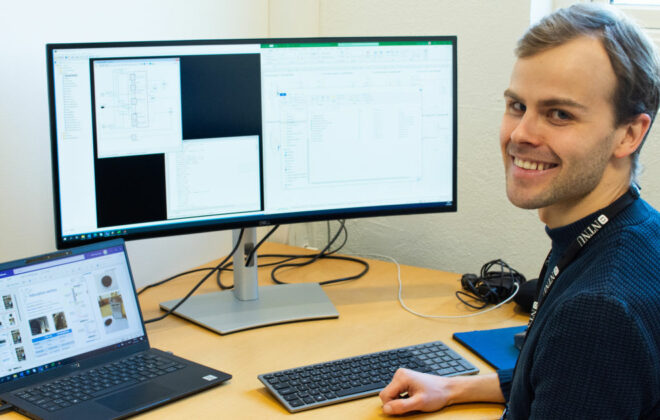
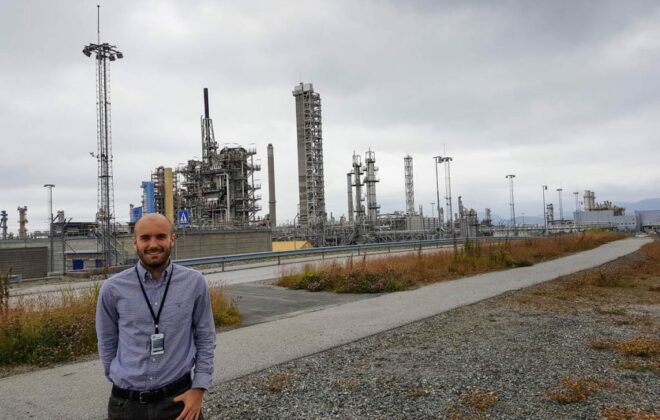
There’s no doubt woodstoves bring something very special that other types of ovens can’t bring. I look forward to learning more about the emissions of aerosols and Ozone precursors. Good luck with the future studies.